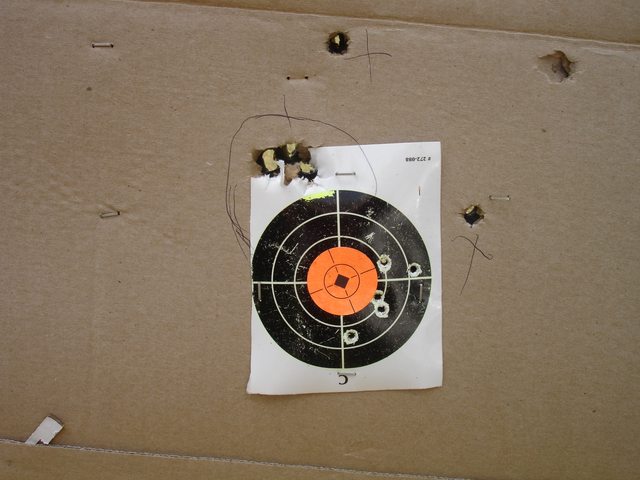- Joined
- Jan 31, 2009
- Messages
- 13,055
- Reaction score
- 7,310
No, a short start ball of 2-3 inches will almost never have any effect on a muzzle loading barrel of certified steel without some other contributing issue.
Yep, usually the unseated ball just goes on down range. But sometimes everything comes together and an intense front of pressure rams into the back of the ball, the inertia of the ball is adequate to deflect the wave into the sides of the hole and you get a ring in your barrel.
It's rare but we can win the lottery and we can blow one up.






